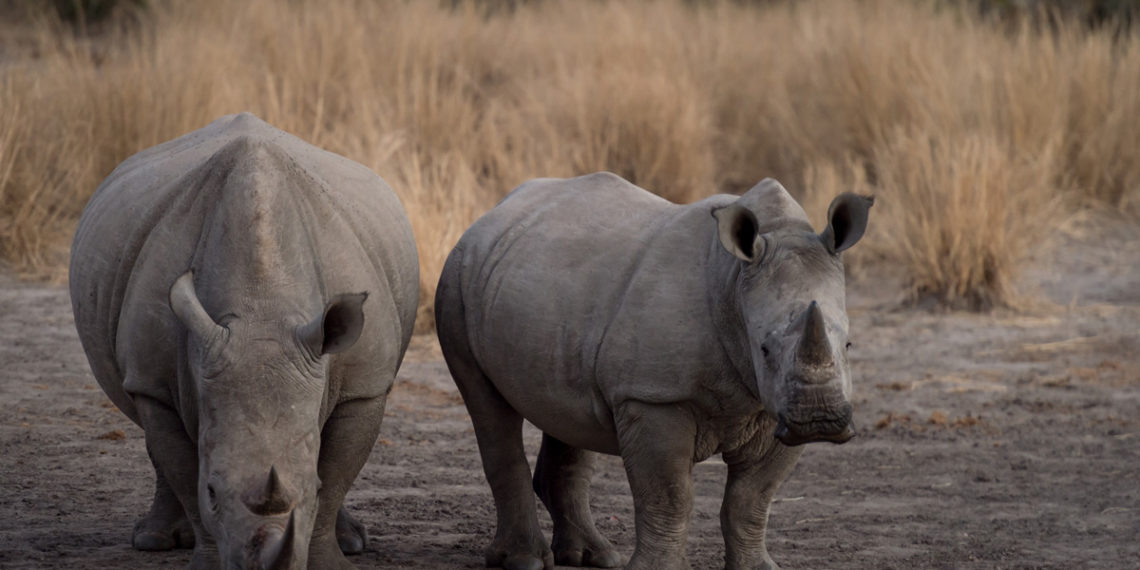
In 2012 a recorded amount of 633 rhinos were poached. Within two years, this number escalated to a staggering 1020. And these are just the official numbers recorded by the Department of Environmental affairs. There are plenty of unaccounted for rhino deaths which affect the decline of our rhino population. The increase in poaching is staggering, which is why war on rhino poaching has been declared. Numerous arrests have been made but the gap between rhino poached and arresting of perps is still huge.
Why is the demand for rhino horn so huge?
The demand has its roots in certain Asian countries, where owning rhino horn is believed to denote social status and wealth. Ground rhino horn powder is also used in Traditional Chinese Medicine . There were even false claims by a Vietnamese government official that rhino horn cures cancer. The false beliefs are ludicrous considering rhino horn has ZERO medicinal properties !
Despite best effects from conservationists, military units, lodges, reserves, social media awareness, fundraisers, donations and educational initiatives; our rhinos are still being poached. Today is World Wildlife Day and we’d like to create further awareness about rhinos – let’s continue the plight to save our rhinos. We must ALL be relentless in our quest to save Africa’s curious prehistoric looking ungulate.
Here are a fe official statistics, current efforts in halting poaching and ways in which you can personally make a difference.
Rhino poaching statistics
Our rhino statistics we’ve collated from the Department of Environmental Affairs but a unanimous decision has been made to stop reporting rhino statistics. The stats we have mainly record the illegally killed rhinos but don’t reflect the full scale of the losses.
Thus far, we can report that on the 20 November 2014, 1020 rhinos were poached and 344 arrests were made. The number of total arrests has increased over the years, but then again so have the number of rhinos poached. In 2013 , 946 rhino were poached and 330 poachers arrested. In 2012 633 rhinos were poached and 266 arrests made.
A few of the current anti-poaching methods
Numerous reserves, both private and commercial, have unique APU’s (anti-poaching units) and their approach to saving rhinos varies. We cannot cover the vast array of methods used but we’ll chat about a few of the current strategies. The most important areas to cover are education, community involvement and presence of foot soldiers. Poacher’s are generally highly skilled individuals armed with weapons and a wealth of on-the-ground knowledge. The poachers doing the deed are not the kingpins, but their capture can lead to bust ups of huge syndicates.
An interesting community initiative called the Black Mamba Anti-Poaching Unit operates within the Balule Nature Reserve and its boundaries. Since inception, there have been no rhinos poached ! They’re a team of women and armed guards from the local community who patrol the region and report any suspicious activity to a central unit. Thus far, they’ve destroyed 12 poacher’s camps.
Many reserves are involved in rhino darting activities where they micro-chip the rhino horn and body and take DNA samples. This creates a map and the ability to trace the illegally sold goods back to the source of where the crime happened.
A leading lodge within the Sabi Sand has employed a team of highly-trained dog handlers (K9 anti-poaching unit) as part of their anti-poaching patrols. Patrols happened 24 hours a day, despite weather conditions. Dogs such as German and Belgian Shepherds have the capability of tracking suspects and firearms; which links weapons to specific persons. Yet another unique way to rid reserves of poachers.
How you can help to save rhinos
If you’re not involved directly in the wildlife industry and have no on the ground knowledge of which organisation to invest in; making a decision on how to help can be a tough one. If you’re looking to donate to a worthy cause, just be aware that there are many fly-by night charities which give zero indication of what happens to the dispersal of your funds. A few of the legitimate and worthy organisations include WESSA (WESSA (the Wildlife and Environment Society of South Africa), International Rhino Foundation and Save the Rhino. Wildlife ACT offers volunteer projects throughout Africa.
Rhinos everywhere thank you for your unwavering commitment to the preservation of their species and for reading this article on World Wildlife Day!
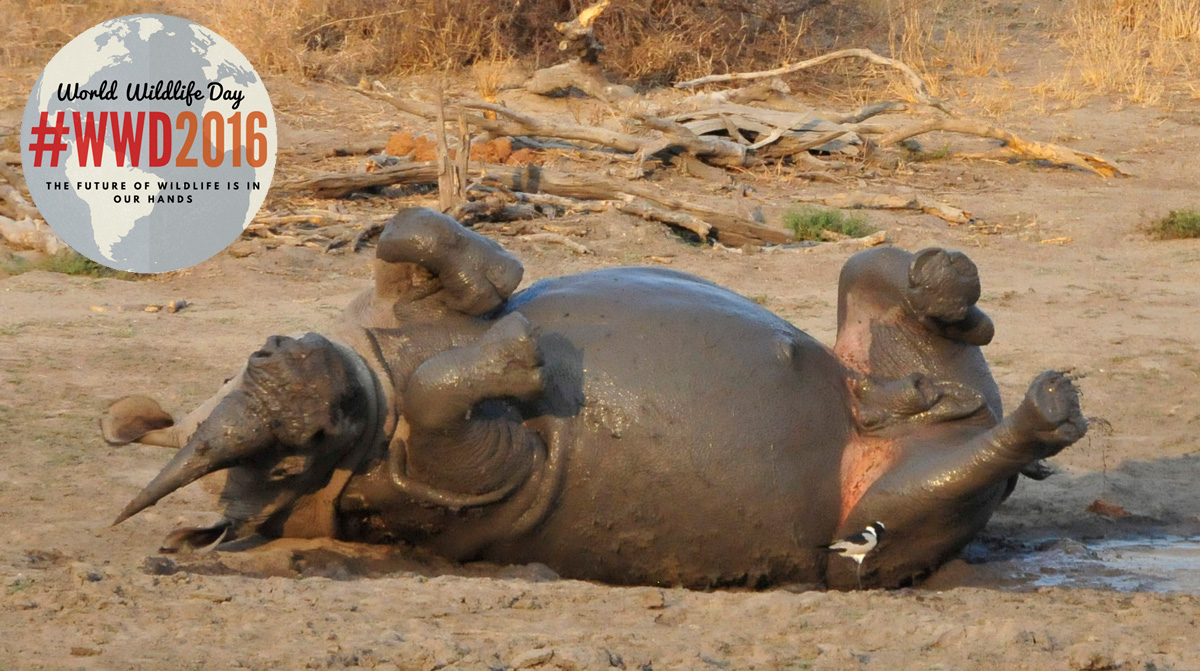
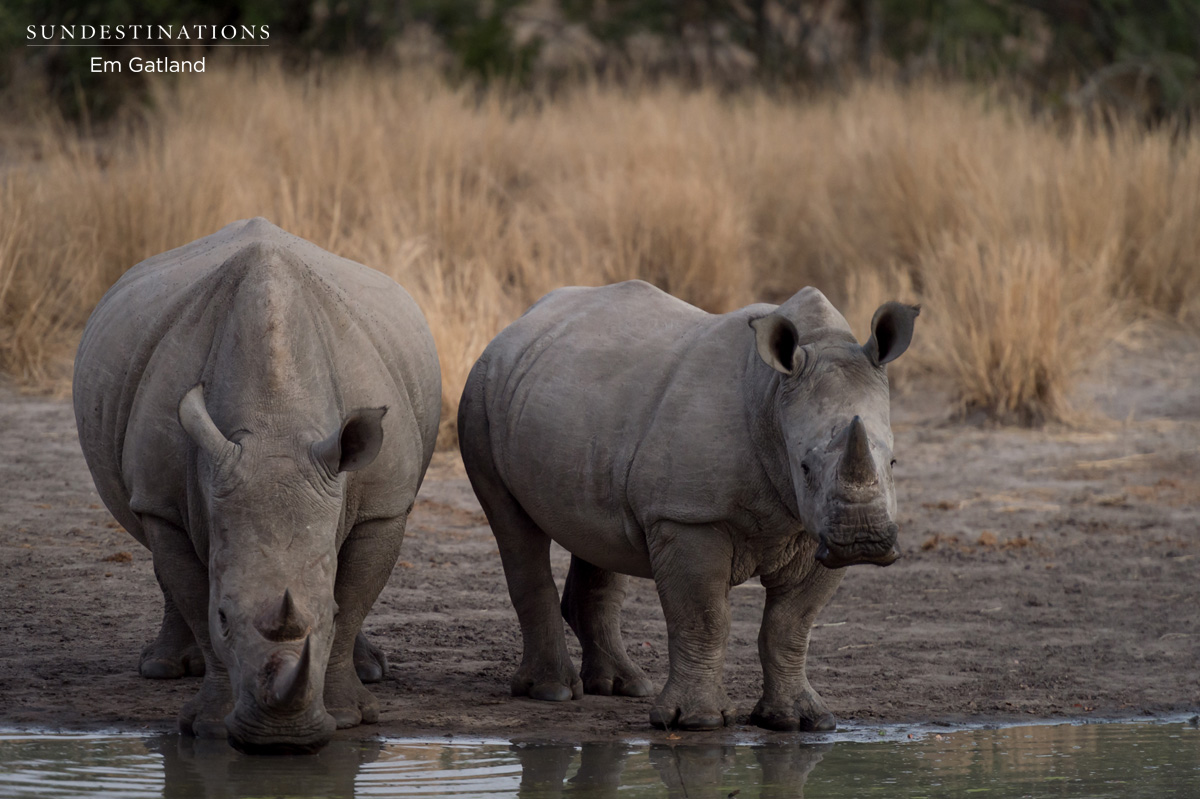
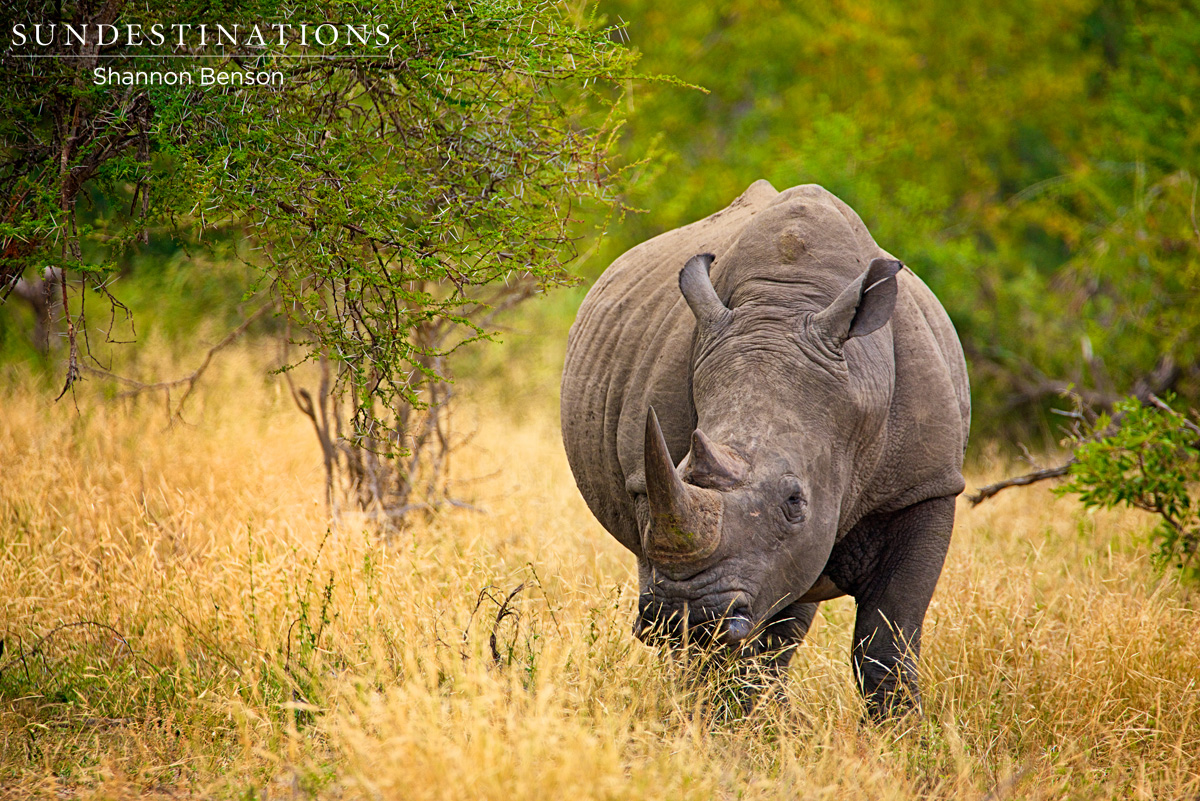
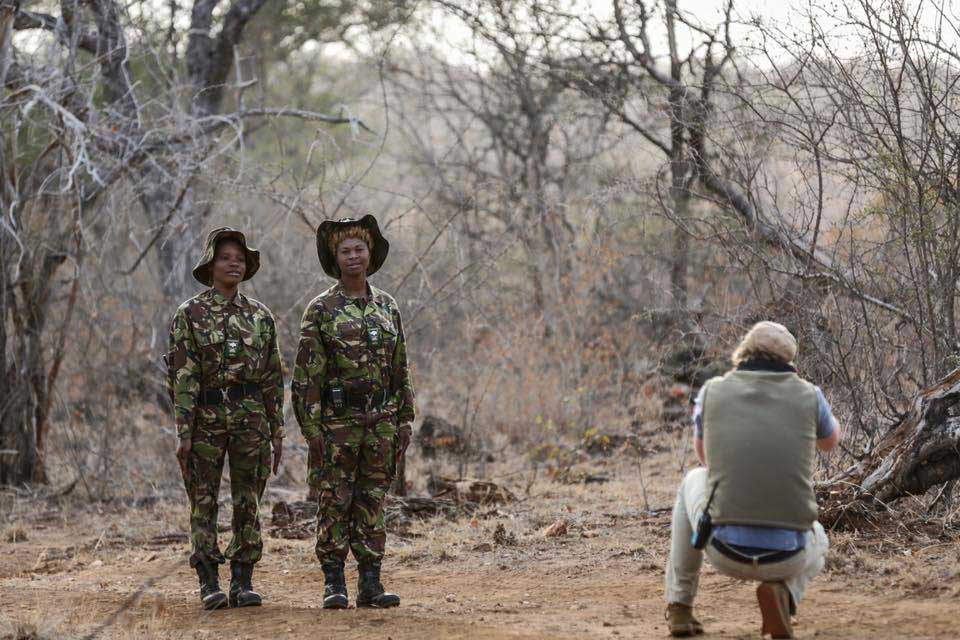
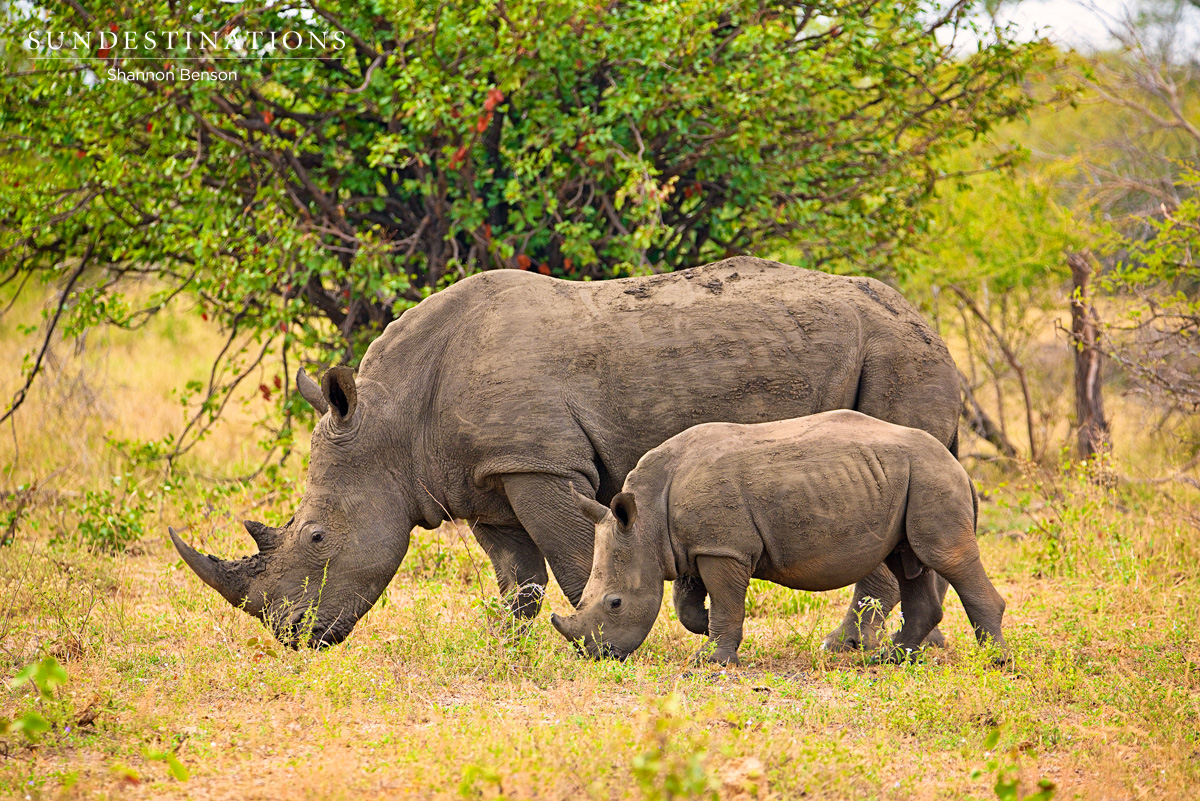
Leave a Comment